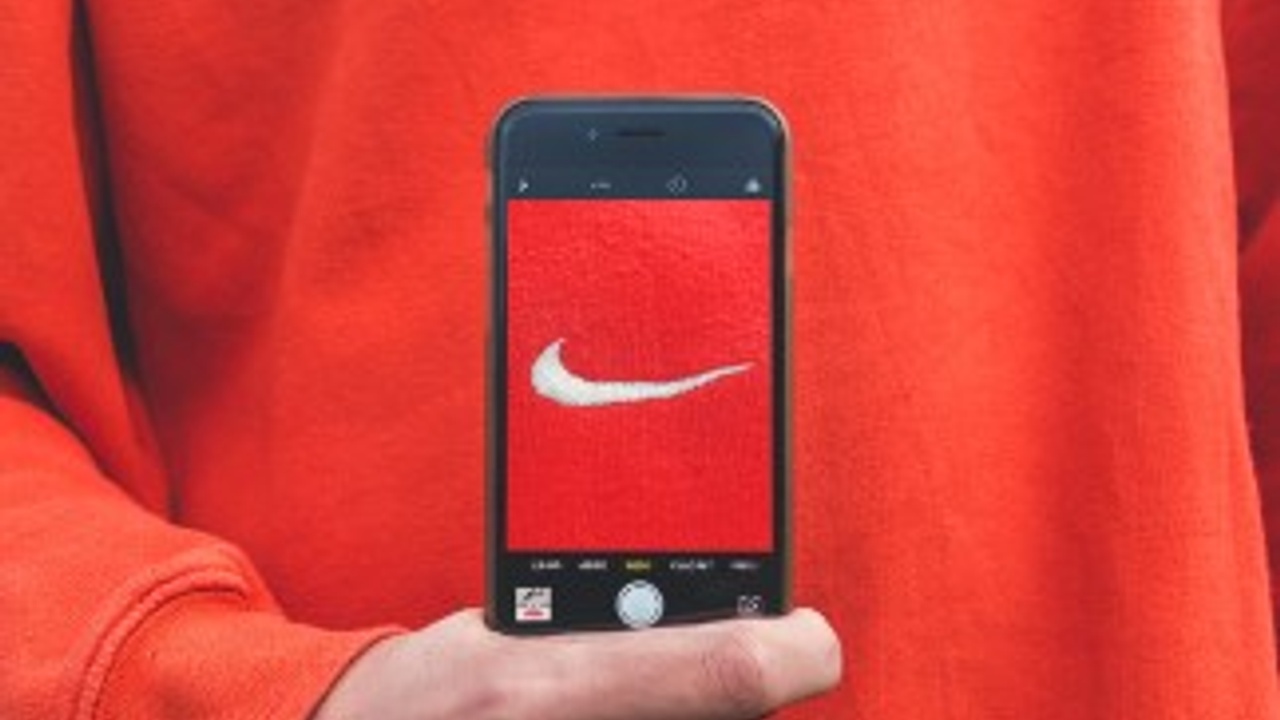
Is your brand good enough ?
Feb 01, 2022This was the question posed at the Tech Nation lunch and learn we hosted last week. We felt it was a pertinent one because over 250,000 new tech start-ups are created each year in the UK and USA. They compete for our attention along with all those from other regions, as well as incumbents and survivors from previous cohorts. Within the mar-tech sector alone there are over 8,000 different providers. The only chance you have to build a business is to find a way to stand out from the crowd. To have a brand people notice and respond to.
Fortunately customers love brands and have high expectations. We all know the importance of brands in our lives. But one global survey revealed that people wouldn’t care if 77% brands disappeared. They are adding noise rather than value. In competing for our attention they are making the job of choosing one from another ever harder. This is the paradox of choice. We want it, but not too much. Psychologists suggest the optimum choice is between seven options, give or take two based on the context. 8,000 is excessive.
Brands are big business. BrandZ’s top 100 global brands have more than trebled in value since 2006. They are now worth $5 trillion. On average, brands represent 19.5% of a company’s enterprise value. Last week Amazon’s brand accounted for 24% of its worth. Are you investing 19-24% of your efforts into building your brand?
Some founders only start to worry about their brand after they have developed their product and secured product market fit. After all, the theory suggests it is mostly about growth marketing from that point onwards. We have little sympathy with this advice. Firstly, strong brands are accelerators. You want yours performing from day one. Why wait?
Secondly, they are a brilliant way of quickly levelling the playing field and, in some cases, reframing the entire category. Peloton’s core product is not especially new, but the emphasis on motivation has captured the popular imagination. Every other fitness provider will be asking themselves how their brand needs to change. Superhuman are doing something similar with email. Speed of interaction was not even a thing until they made it one.
Thirdly, brands are an integral part of the value and perceptions your business creates. You have to land your brand proposition before you can successfully complete your customer discovery process and secure your PMF. Changing your brand during your growth phase will not only change your PMF, it means you may have to restart your customer discovery process as well.
The branding process is simple. You create a brand that captures truths about your product, service or company. What follows is the tricky part. You have to position your brand by creating a meaningful semiotic in the minds of customers. What do you immediately think of when you see the Apple logo? It will trigger lots of different perceptions, such as ‘design’, ‘iphone’, ‘Steve Jobs’ or ‘expensive’. These are semiotics that have been created in your mind. They happen automatically, but Apple tries to control this psychological imprinting process by using the idea of think different. Volvo does the same for safety and Disney for family magic. The most important branded space is that occupied by your brand in the minds of your target customers. It is the job of marketing to create this.
Once these semiotics exist, they act as a decision-making heuristic, speeding up our process of choosing one product over another. Branded semiotics also influence our behaviour, emotions and the utility we derive from the product. That’s why many people enjoy spending £325 on a plain white t-shirt from Prada that they could have bought from Poundland. (I wouldn’t, but I’m a northerner).
The name of the game is to be meaningfully different. High levels of meaningful difference influence short-term behaviour (purchase and repurchase intent; advocacy; willingness to pay a premium; bonding) and create significant long-term value for a company. We have developed seven tests, to see how well you are capturing truths, creating meaning in people’s minds, and influencing their behaviour. They are:
1. Does your brand own a distinctive idea?
2. Is your brand authentic?
3. Do people care about your brand?
4. Is your brand desirable?
5. Is your brand relevant?
6. Is your brand accessible?
7. Is your brand healthy?
These tests quickly show if you are going to become the next Apple, whether your brand needs a little polish or major surgery.
One trend we are noticing with start-ups is the divergence between the brand and the business opportunity and dynamics. The brands are strong but they belong to a different business. This happens either by accident (the business chose the wrong brand to begin with) or because start-ups have to constantly iterate. The brand remains constant but the customer, market, product and business dynamics have all changed. To be successful, these have to be completely aligned.
To help founders address this problem we have created a new process called strategic identity. This aligns your brand to your core strategy and enables the creation of a purpose-driven brand and business. If you think your business may need this, we can help.
We are also developing tools and playbooks to help you assess and improve every aspect of your brand. If you would like early access to these for free, join our beta testing community.
UP AND TO THE RIGHT.
Sources:
BrandZ, Global Brands (2020)
Vivendi/Havas, Meaningful Brands (2019)
Marketing Accountability Standards Board

